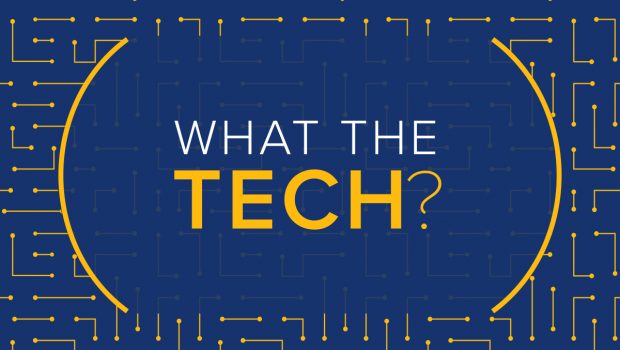Where is Technology Taking Us?
https://www.ispeech.org/text.to.speech
When we are moving slowly, sometimes it feels like we aren’t progressing at all.
When a new concept is introduced into your life, often we don’t know how to build it into our daily pattern.
When presented with opportunities to grow, we frequently miss them.
This is why hindsight is important. We need to look backwards at where we have been to understand how far we might go.
Over the past six months, Womble Bond Dickinson has been studying technology and its impact on our business lives. We will never stop this examination, but the nearing end of our “What The Tech?” program provides a good place for contextual reflection. How does the technological path behind us indicate the road ahead?
As a computing-heavy society with a knowledge-based economy, the past three years have felt like a time of consolidation, rather than growth. The tech at our fingertips has become more entrenched in our lives, but little has been added to the digital mix. We have ridden out the pandemic primarily in isolation with our housemates, where our existing tech stretched out to work, school, retailers and friends, layering another web of connections into our worlds and solidifying the remote nature of shopping and work.
Not only do we not fly the jetpacks we were promised, but we are still operating with slightly better smart phones, tablets and laptops, driving the same or similar vehicles, searching the web with the same engines, and watching similar television screens to what was available in 2018. It feels like we haven’t moved. And yet we have.
One of the primary areas of progress is the rise of direct and effective laws safeguarding personal privacy. While we are far from deep data protections that many believe are needed, we have significantly progressed in the past few years. Since the beginning of 2018, the European Union introduced the General Data Protection Regulation, beefing up its protection of personal data and making enforcement easier and more dramatic; California, Colorado, Connecticut, Virginia and Utah are all implementing omnibus privacy laws securing both personally identifiable information and sensitive information of residents; and laws protecting citizens from abuse of captured biometric readings, DNA test results, and facial recognition software have been passed, expanded and litigated in the US. We have also seen court rulings both arising from these laws and interpreting the personal protections afforded by the US Constitution for the age of omnipresent digital technology. Despite much talk, the US Congress has not joined the party, but enforcement from the FTC and CFPB forced companies to address data privacy more seriously.








Gloss